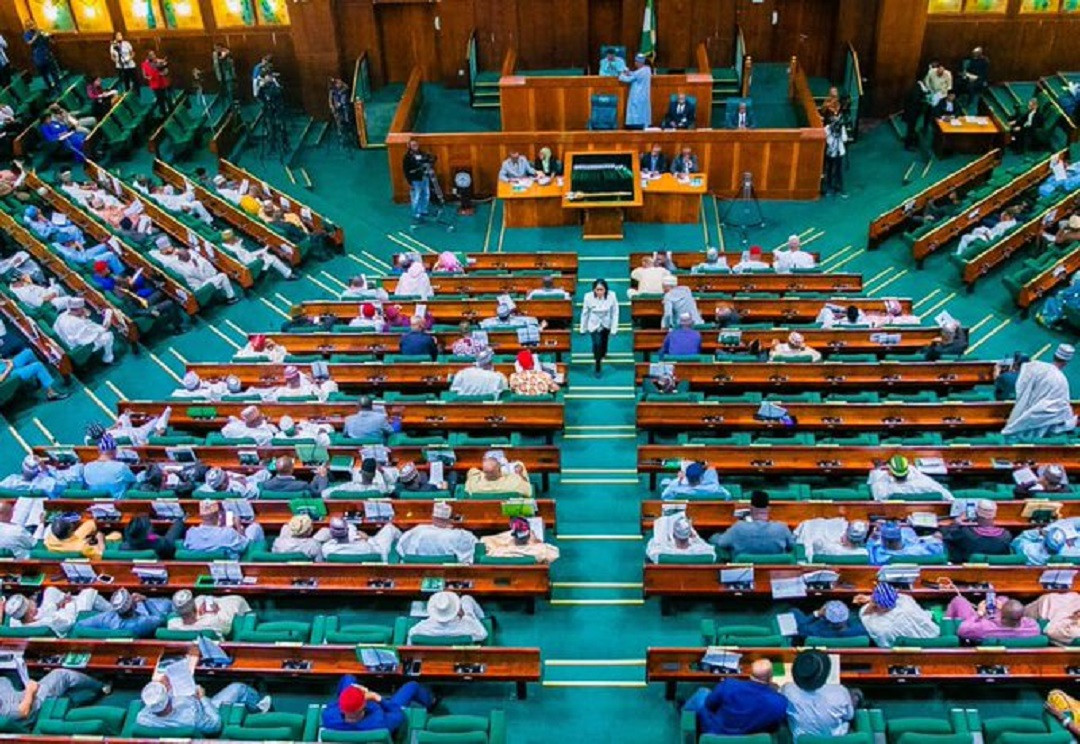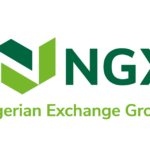Whether an economic policy is good or bad, working or not working, is effective or ineffective, is easy to prove: what is its net impact on the economy? And, driving down to its bolts and nuts, that means looking at the impact of the policy on the lives of the citizens – the average citizens.
This point was captured quite well on January 6, 2013, as President Barack Obama noted, when the American Senate confirmed Janet Yellen as the first woman Chairman of the Fed: “The American people will have a fierce champion who understands that the ultimate goal of economic and financial policymaking is to improve the lives, jobs, and standard of living of American workers and their families.”
The above quote should reflect in the job description of anyone who is appointed to any capacity that deals with the management of our economy, directly or indirectly. Each piece of policy contemplated or eventually passed for implementation must pass this critical quality control test: that it has the capacity to improve our lives in visible ways.
As it applies to the Fed chair, so it does to the governor of the Central Bank of Nigeria, his equivalent here. So should it apply to the Minister of Finance and his/her deputies, etc. Their job at all times is to coordinate policies that have the ability to lift a majority of Nigerians from a lower point on the welfare scale to a higher level, if possible, without reducing anyone’s well-being or standard of life.
The challenge here however is that while institutional arrangements specify these functions and duties, they hardly indicate the specific instruments that must be used by the operators. Thus, individuals who get appointed to such positions get there with their proclivities and predispositions. Their toolkits get defined, not necessarily by what the books say, but by their whims, and sometimes “best of judgment” predilections.
This is the case with our financial system. Take the example of the Central Bank of Nigeria, for which the law, the CBN Act of 2007, says that its key objects are to (a) ensure monetary and price stability; (b) issue legal tender currency in Nigeria; (c) maintain external reserves to safeguard the international value of the legal tender currency; (d) promote a sound financial system in Nigeria; and (e) Act as a banker and provide economic and financial advice to the federal government.
Taken together, the purpose of these functions is for the central bank, in the words of Obama, “to improve the lives, jobs, and standard of living of Nigerian workers and their families.”
When the bank strives through policies to ensure monetary and price stability, it is in essence trying to avoid wide swings in prices of goods and services and of course the exchange rate, which is detrimental to the well-being of Nigerians. It is the same when the bank conducts its currency operations, including the issuance of the naira, which it must carry out in ways that ensure the stable value of the naira and its exchange rates versus other currencies.
This is where the danger comes in. There are no specific policy instruments prescribed for use for any problem. Indeed, there is (and perhaps there can be) no further prescription for the specific instruments that those in charge can use in any particular problem situation. What happens when cases arise is entirely the choice and decision of the leader and his lieutenants.
So, when a man or woman is appointed the CBN governor, for instance, and some people hail such an appointment with all the accolades available, what they are doing is in fact surrendering to his choices, declaring, perhaps without realising it, that he is able to determine what the right policies are for each problem situation.
This is not in any way trying to undermine the roles that advanced system analysis and modelling play in modern economic decision-making. While such dynamic analytical are raising the efficiency of policymaking, the role of human agency in the process cannot be underestimated.
As the saying goes, “He that is good with the hammer will always see everything as a nail”. A monetarist will always see a macroeconomic problem as being the consequence of a monetary problem, and will not hesitate to bring down the hammer, raising or lowing interest rates; raising or lowering the CRR to cut increase in banks’ ability to make credit in the financial system.
These could go on for several months or years, but the test of the efficacy of these measures still remains: what is their overall impact on the welfare of the people? In the 12 months to January 2023, the MPC raised the interest rate from 14.5 per cent to the current rate of 17.5 per cent. The committee argued that the increase in interest rate was necessary to fight inflation, but not everyone agreed with the MPC that the policy, based on the monetarists’ view of inflation, was the correct response. But, consistently, vote after vote at the end of their meetings, members of the MPC kept supporting the move to raise the MPR, until we got to a 17.5 per cent interest rate. Has this curbed our high inflation rate? The answer is debatable.
This is what has brought Nigerians to the situation in which they have found themselves today as a result of the naira redesign policy. If you have heard someone declare that what Godwin Emefiele, the governor of the central bank, and his team have done has no place in economic theory, that may be true, but it could be also a reality. This is not a defence of what has been done, but an effort to put into perspective the process of policymaking in given environments. Problem situations present opportunities for policies to be tested.

 Join Daily Trust WhatsApp Community For Quick Access To News and Happenings Around You.
Join Daily Trust WhatsApp Community For Quick Access To News and Happenings Around You.


